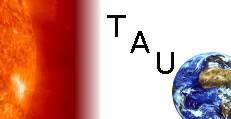Talks for Astronomical Societies
I am now taking bookings for "in person" talks as well as "virtual" talks by Zoom or Webex (making them globally available).
An advantage of a virtual talk to the hosting society is that I will not have any travel or accommodation expenses to be met.
Please use the booking form at the bottom of the page.
Duration: Talks typically last for about an hour, which includes about 15 minutes for questions/discussion, but this can be varied if you wish.
Fee: My standard fee for a talk to an astronomical society is £50 (The Right Light at Night is exempt) plus the cost of travel from base (nr Fordingbridge, Hants) at actual public transport cost or AA "running costs" rate – currently 51p/mile – (depending on transport used) and, if appropriate, overnight accommodation, is met by the Astronomical Society.
Availability: My calendar is usually a good indicator of my availability for "short journey" and Zoom/Webex talks, but I am more restricted with long journeys, especially those involving an overnight stay, because of daytime commitments.
The Right Light at Night
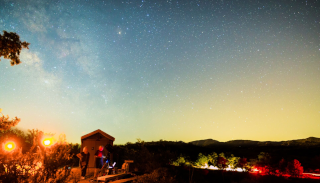
Light Pollution was first identified as a problem by astronomers, but its consequences reach far wider. It is now widely recognised that artificial light at night, especially bright white light, can have profoundly negative effects on human health, and this is just the tip of an iceberg of harm. The effects on wildlife have been devastating, leading directly to the death of millions of birds each year and being the major driver of the insect apocalypse (studies suggest that 40% of insects will be extinct within the next few decades).
The solutions are at hand, are simple to implement, will have a net saving (of money, energy use and carbon emissions) and will not compromise security or our ability to safely work, travel and play at night. We need to act now before it is too late.
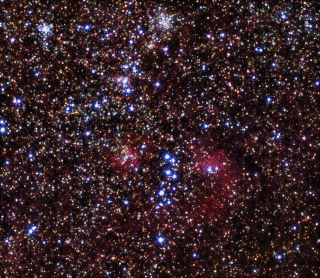
Fuzzy Blobs: A Guide for the Perplexed
For millennia people have wondered about the misty patches in the night sky, which became called "nebulas" - clouds - and the advent of the telescope merely increased the number we could see without adding greatly to our knowledge of what they are. The true nature of these enigmatic "fuzzy blobs" has only been known for a century or so, and they reveal a tremendous amount of information about the life and death of stars, the structure of the Milky Way galaxy, and the nature of the Universe itself.
Pseudoastronomy: (Complementary and Alternative Astronomy)
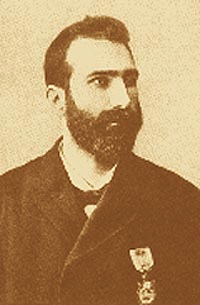
Part 1: The Beginnings: Charlatans and Frauds
One way to become famous in astronomy is to have your name associated with a discovery. We tackle "fake news" from the Chevalier d'Angos, Frédéric Petit, Georg Waltemath, Leo Brenner (aka Spiridon Gopčević) & Rudolf Steiner, some of which still affects us today.
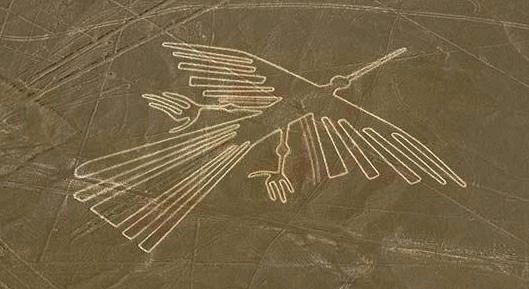
Part 2: Planet X, Zetans, and Lost Civilisations
Did the ancient Sumerians describe a planet that wcill destroy Earth? Can astronomy be used to explain the locations of ancient pyramids and temples? Was there an advanced ancient master-race that was wiped out by a comet in 12,500 BCE? Did the ancient civilisations we know about arise out of nowhere, taught by visitors from Atlantis or other planets?
The clear answer to all these is a resounding "No!" yet the myths persist.
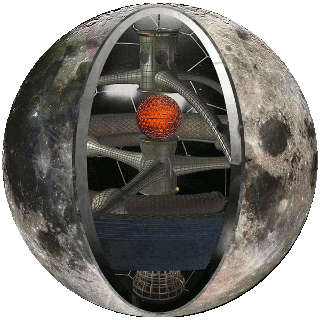
Part 3: Hollow Moon and Flat Earth
Is the Moon an alien spacecraft?
Is Earth really a disc accelerating upwards at 9.8ms-2?
Are Daily Express astronomy headlines ever correct?
You might have thought that ignorance isn't a choice anyone would make, or that the tension between fundamentalist religion and scientific astronomy died during the Enlightenment. You'd be wrong!
How Old Is It?
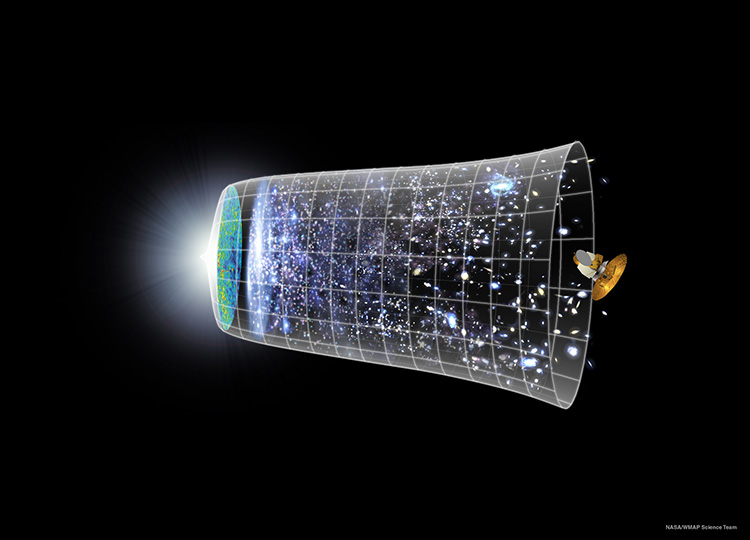
Aristotle thought it was eternal; James Ussher dated its creation to 6pm on 22 Oct 4004 BCE; Newton eventually decided that it was infinite, static, and eternal; by 1958 it seemed to be younger than the oldest stars; by 2013, this had all been resolved and we now accept the Universe to be approximately 13.8 billion years old. This talk traces the ideas, evidence and reasoning for the answers to this most fundamental of questions.
Are We Alone?
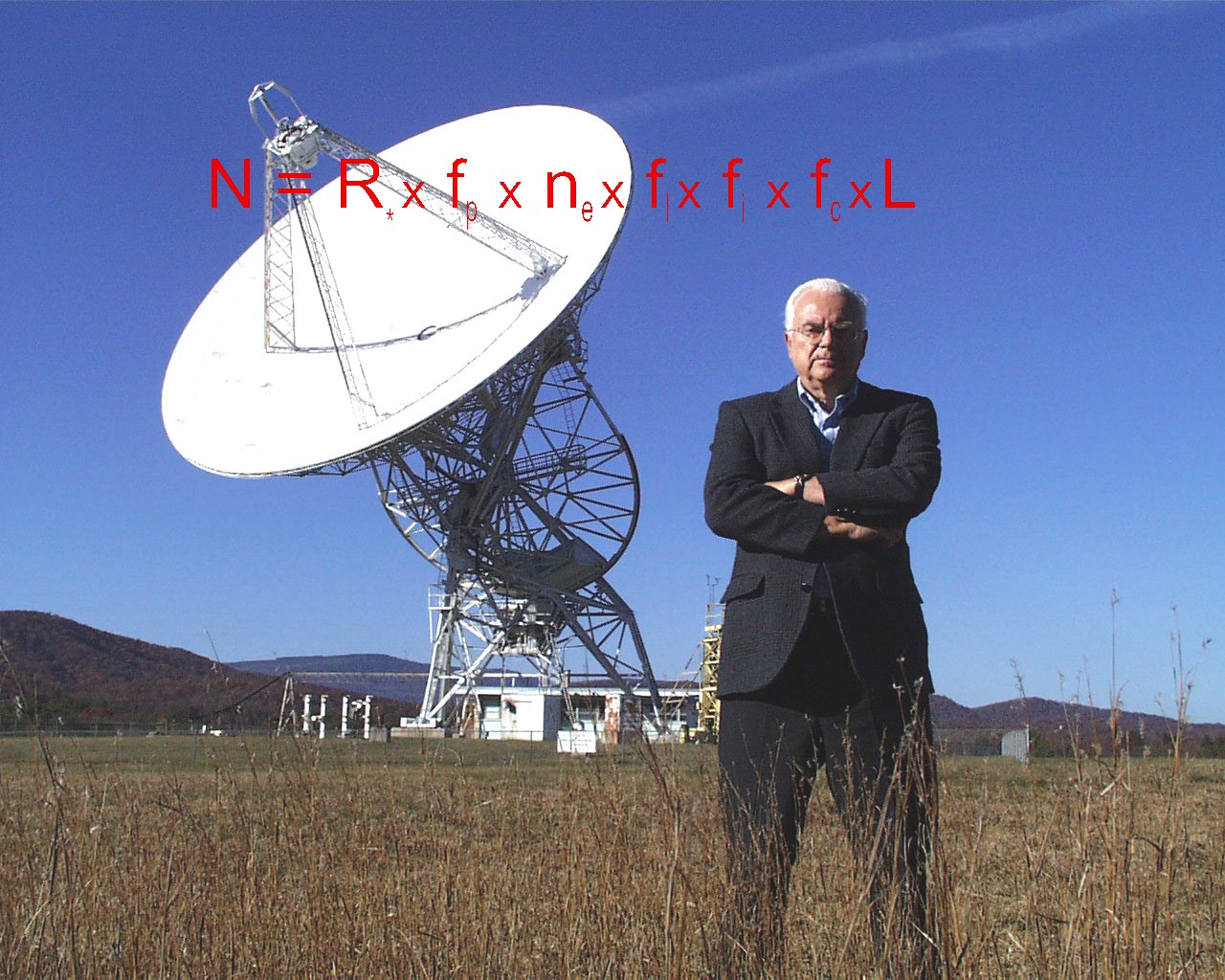
In 1961, Frank Drake introduced his eponymous equation. In the half-century since then, we have a much better idea of the likely values of some of the parameters therein. This talk examines the state of play with respect to SETI and potentially habitable exoplanets, and examines our current understanding of the likelihood of there being similar planets to Earth. It "reboots" the Drake Equation in the light of these developments, with a surprising result.
The Star of Bethlehem
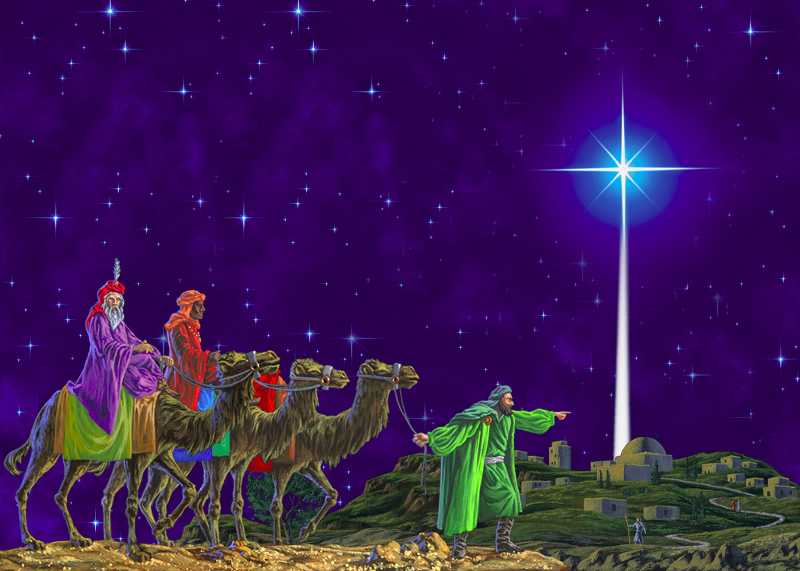
Theories abound for the Star of Bethlehem. In this occasionally provocative talk, we look at the actual evidence and its cultural context, discuss some recent astrological and astronomical interpretations, and arrive at some definitive conclusions about the story.
Ten Ways the Universe Tries to Kill You
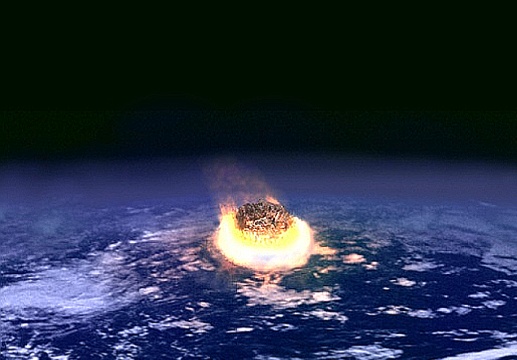
From gamma-ray bursts to asteroid impacts, an overview of cataclysmic events. This light-hearted but scientifically robust approach incorporates a lot of fundamental cosmological processes, from stellar evolution to galactic interaction. This popular talk is appropriate for both beginning and intermediate amateur astronomers.
Two Eyes are Better than One
The binocular is not limited to being a beginner's instrument and a subordinate adjunct to a telescope, but is an exceptionally valuable astronomical instrument in its own right. Find out how to choose and use binoculars for astronomy: discover what makes a good (or bad!) binocular, distinguish between valuable information and advertising hype, and learn how to optimise your viewing experience.
For "in person" talks, I will bring a number of binoculars and mounting options for the "hands on" experience. I also need to be able to park at the venue to unload kit. Please contact me prior to booking if space or parking may be an "issue".
(Video taken impromptu on a cheap point-and-shoot camera, so quality leaves a lot to be desired!)
Time and Calendars

Why is the tenth month named for the Latin word to 8th? Why does the UK fiscal year begin on 6th April? What is the Twins Paradox? The measurement of time has always been a facet of Astronomy. The phases in the development of the Gregorian calendar most (but not all!) of us use today make a fascinating story which blends science, history, sociology, religion and psychology. From there we look at different ways of reckoning time, and examine the consequences of special relativity for time reckoning.
Although it indicates when I am not available, this calendar should not be taken as a definitive indicator of when I am available, especially if overnight stays may be involved, as I have daytime teaching commitments that I need to honour.
Booking
To book a talk, please , giving your the following information:- Your name
- The group's name
- The talk you would like
- The date you would like it
- Whether Zoom or in person (if the latter, please give full address and postcode of the venue)
- A contact telephone number.
You can view the Astronomical Unit Data Privacy Statement here.

